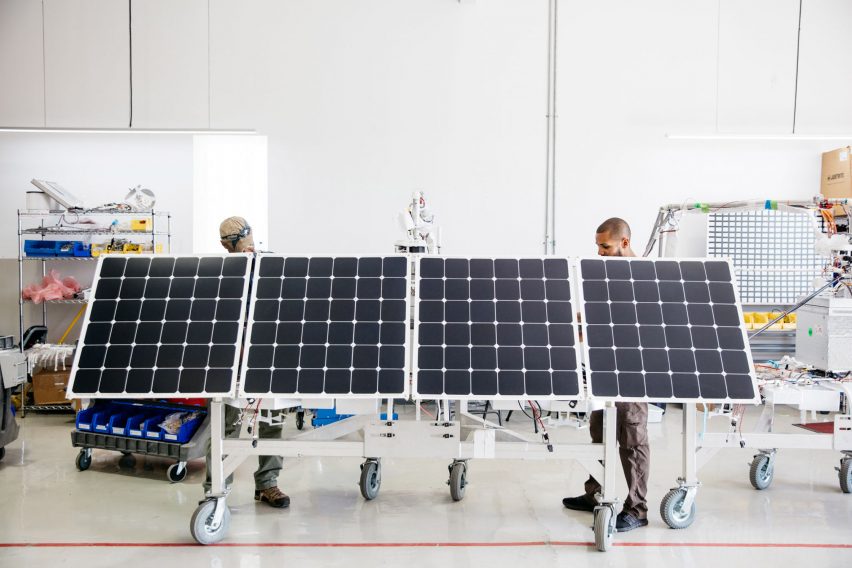A fleet of 35 solar-powered balloons that will provide internet services to remote areas in Kenya by floating on stratospheric winds has been launched. The initiative by Google’s Project Loon and Telkom Kenya is the first balloon-powered internet to launch in Africa and the first non-emergency commercial deployment in the world.
The project, which will be providing 4G wireless broadband services to Telkom Kenya subscribers will span nearly 31,000 square miles across western and central parts of Kenya, the website, dezeen reported.
Loon has been experimenting with the service in Kenya for months until it was officially deployed on Tuesday, July 7. Over 35,000 users have been connected to the service thus far.
“What we’re seeing in Kenya today is the laying of the foundation for a third layer of connectivity,” Loon CEO Alastair Westgarth.
“It was a long time in the making, and there is still a lot of work to be done to establish this new layer of connectivity. But today we’re seeing the possibility of what the future can hold if we succeed.”

Nearly 3.8 billion people, or about half of humanity, don’t have access to the internet, and many more lack what would be considered meaningful access. Despite efforts by many, there has been a dramatic slowdown in the growth of internet access in the last few years, from 19 percent in 2007 to less than six percent in 2018.
“And all of this is happening as the demand for connectivity is growing exponentially – and not just from people, but also from the internet-connected things that those people increasingly rely upon,” Westgarth.
The balloons were made from sheets of polyethylene, each measuring the size of a tennis court and that they are flown 11 miles into the air using twin, 90-foot-tall automated machines. Once in the air, they are in constant motion on the edge of space, hovering on stratospheric winds, where they send internet signals to ground stations and personal devices.
They will be monitored via software controlled on the ground and directed by machine-learning algorithms that have developed their complex navigational movements.

“This is an exciting milestone for Internet service provision in Africa and the world, more so that the service will pioneer in Kenya.
“This being a purely data service and with the continued migration of communication towards data-supported platforms, the Internet-enabled balloons will be able to offer connectivity to the many Kenyans who live in remote regions that are underserved or totally unserved, and as such remain disadvantaged.
“This new technology will also complement Telkom’s ongoing strategy to further widen our network coverage, enabling us to realize our brand promise; to be Kenya’s preferred data network,” Telkom Kenya’s Chief Executive Officer, Mugo Kibati, said.










